Organ harvesting rumors slammed
Updated: 2016-08-19 07:55
By Willa Wu And Honey Tsang In Hong Kong(China Daily)
|
||||||||
China's anti-rejection drug volume debunks claims, expert says
It cannot be true that between 60,000 and 100,000 organ transplants are per-formed on the Chinese main-land yearly using organs taken from executed prisoners, prominent transplantation experts said on Thursday.
Speaking at news conference after a symposium of the 26th International Congress of The Transplantation Society, held in Hong Kong, experts Jose Ramon Nunez Pena, medical officer of the World Health Organization, and Michael Millis, vice-chairman for global surgery and director at the University of Chicago's School of Medicine Transplant Center, dismissed the allegations - which were raised by Western critics of China as early as 2006-as implausible.
Pena, a transplant surgeon who has visited China often, said the claimed number is equal to the transplant activity of the entire world and is practically impossible.
Pena said that the WHO firmly and without reservation supports China's new ethics-based, transparent organ donor program, which must be free of corruption and financial incentives.
Transparency is the best guard against rumors, he said, acknowledging that China has taken many measures to ensure the fairness and traceability of the whole organ donation and distribution process.
"It is time to close the door to rumors and open the door to the facts," Pena said. "China now has joined the transplantation train along with the international community. We are all in the same train because we share the same principles and ethical practices."
Rumors about "organ harvesting" were said to be false in 2006, after an investigation conducted by the United States Consulate General in Liaoning province. The source of the rumor was Falun Gong, an outlawed group on the Chinese mainland, which alleged that the organs of more than 6,000 practitioners had been illegally extracted at Sujiatun Thrombosis Hospital in Liaoning, it said.
Yet some people with political influence have made the opposite claim. Former Canadian lawmaker David Kilgour and lawyer David Matas wrote a report in 2006 claiming that China had retrieved organs from criminals.
University of Chicago's Millis said years of silence on the subject has allowed lies to be peddled. Harvesting organs from criminals does not hap-pen in China, he said.
Former transplantation society president Francis Delmonico said on Thursday that the authors of the critical report should be questioned about how they acquired their data.
Huang Jiefu, director of China Organ Donation and Trans-plantation Commission, described the allegations as "nonsense" and "ridiculous". He said that transplantation surgeries performed in China annually accounted for 8.5 percent of the total number of transplantation surgeries worldwide.
Consumption of anti-rejection medications - which transplant patients must take for life after surgery to prevent their immune systems from attacking the organs - account for 8 percent of global consumption.
"The two numbers match, which is evidence that the speculation is groundless," Huang said. "Some organizations are just demonizing China in order to fulfill their political purposes."
The Human Organ Trans-plantation Regulation, a standardized legal framework for organ transplantation, has been in effect in China since 2007.
China banned the use of organs extracted from executed prisoners on Jan 1, 2015.
During the symposium, Huang, the commission director, said, "China has and will have zero tolerance for any violation of the country's regulations in organ donation and transplantation".
He added that even though China's organ donation and transplantation program is in its infancy, the country will not tolerate behavior such as retrieving organs from executed people.
Pena praised China's system as it managed to bring more than 2,700 voluntary donations, which means more than 10,500 patients received transplants in 2015.And there was a rapid increase of donation cases in the first half of this year. He said it is a clear demonstration that the system is fair.
- China's organ donation cases rise 45 percent in H1 of 2016
- HK legal organ queries PCA's arbitration jurisdiction over South China Sea disputes
- China becomes No 1 in voluntary organ donations in Asia
- More organ transplant hospitals on the way
- More organ transplant hospitals on the way
- China to have more organ transplantation hospitals, voluntary donation tops Asia
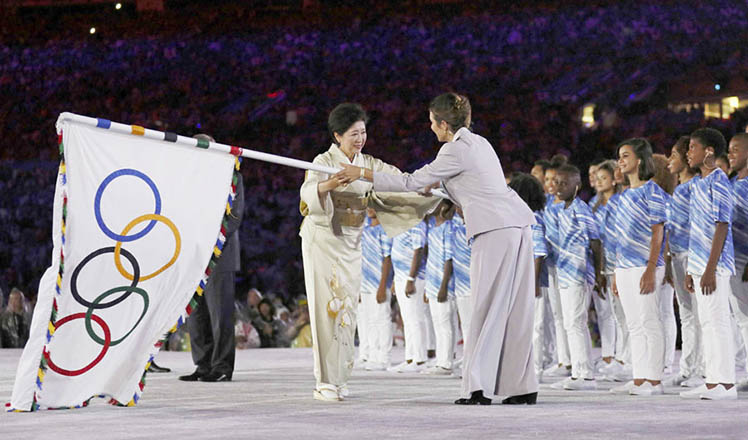
 Goodbye, Rio; hello, Tokyo
Goodbye, Rio; hello, Tokyo
 The world in photos: Aug 15- Aug 21
The world in photos: Aug 15- Aug 21
 Kickboxing and throwing punches: Welcome to flight security training
Kickboxing and throwing punches: Welcome to flight security training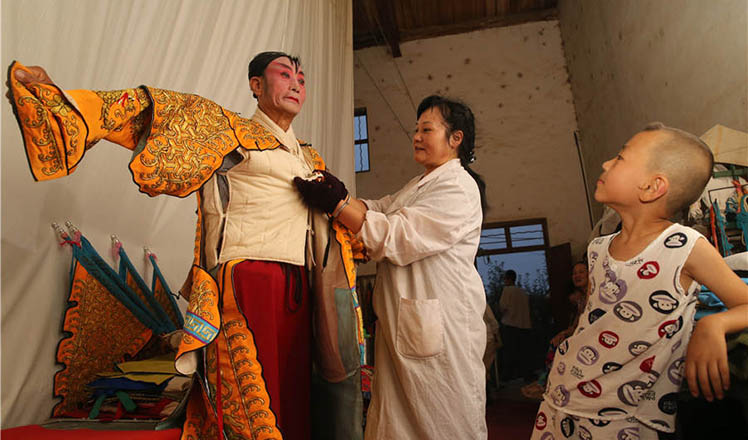
 Qinqiang Opera actors brave heat to bring smile to faces
Qinqiang Opera actors brave heat to bring smile to faces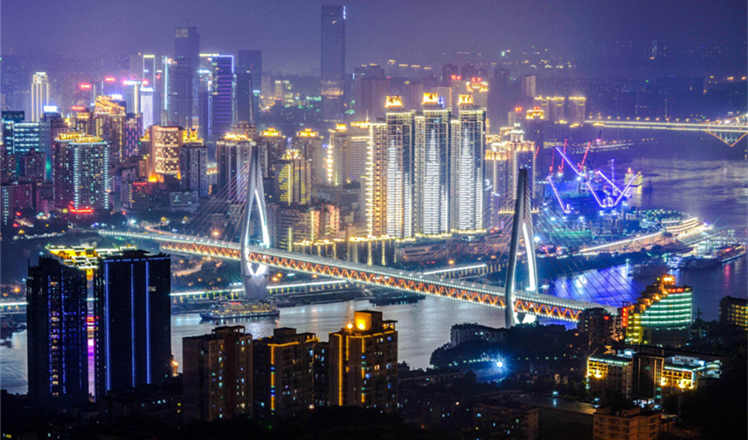
 Top 10 cities with highest GDP in H1
Top 10 cities with highest GDP in H1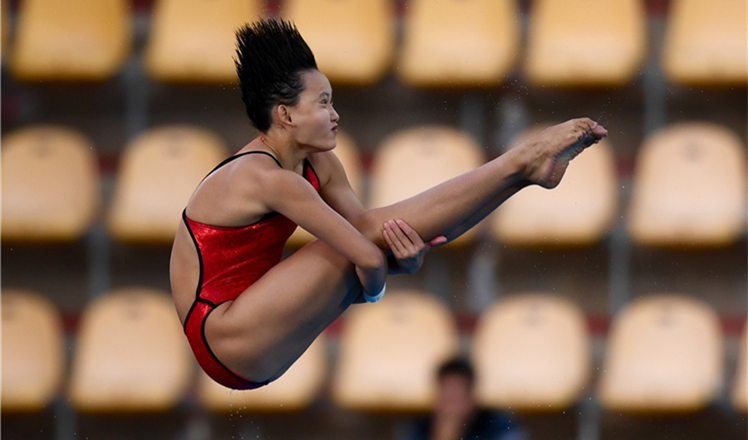
 Chinese teenagers take gold, silver on 10m platform
Chinese teenagers take gold, silver on 10m platform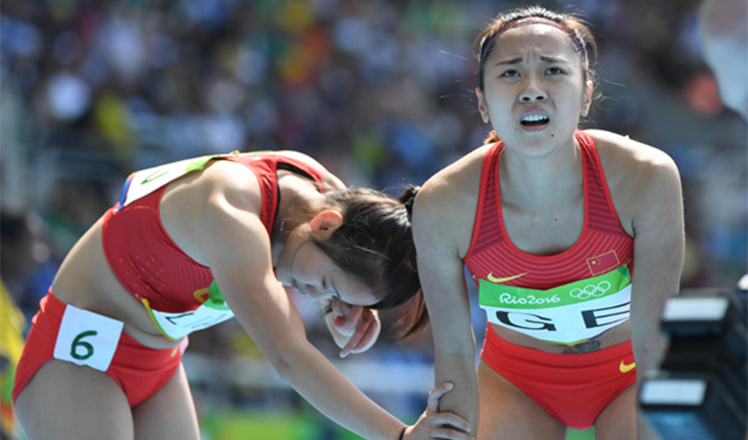
 US granted re-run to send China out of relay race
US granted re-run to send China out of relay race
 China inches toward gold after beating Netherlands
China inches toward gold after beating Netherlands
Most Viewed
Editor's Picks

|

|

|

|

|

|
Today's Top News
Trump outlines anti-terror plan, proposing extreme vetting for immigrants
Phelps puts spotlight on cupping
US launches airstrikes against IS targets in Libya's Sirte
Ministry slams US-Korean THAAD deployment
Two police officers shot at protest in Dallas
Abe's blame game reveals his policies failing to get results
Ending wildlife trafficking must be policy priority in Asia
Effects of supply-side reform take time to be seen
US Weekly

|

|









